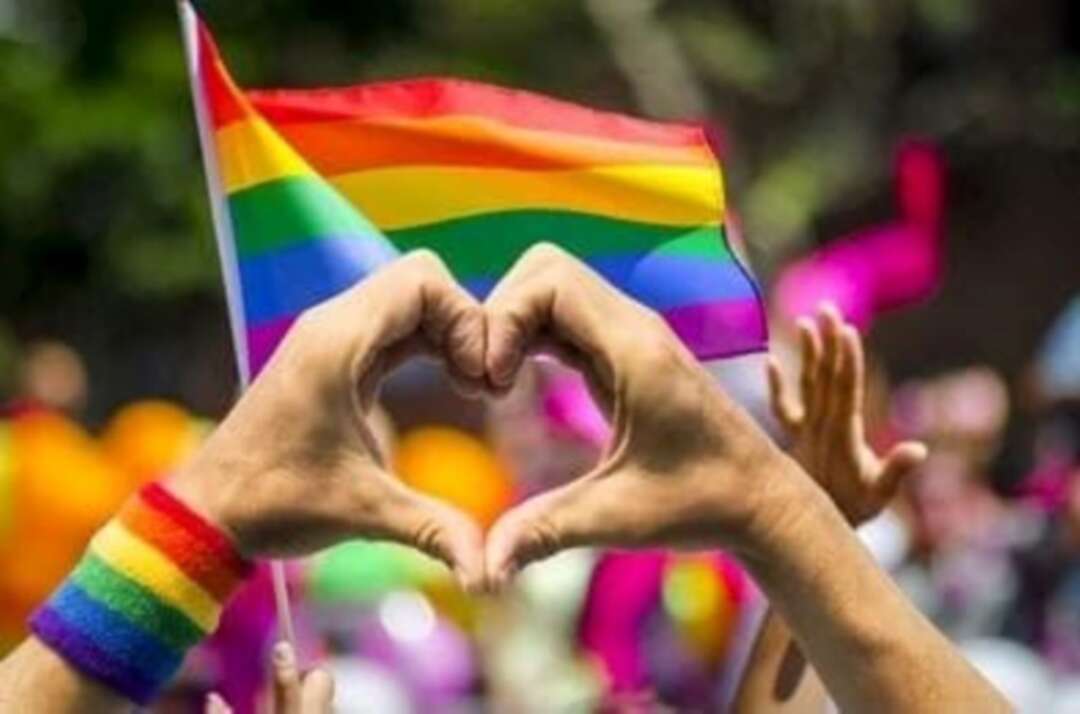-
Switzerland legalises same-sex marriage amid opposition from church groups

The BBC reported that almost two-thirds of Swiss voters have backed same-sex marriage in a referendum.
According to the BBC, some 64% supported the measure, making it one of the last countries in western Europe to legalise same-sex marriage.
It said, campaigners have hailed the vote as a historic moment for LGBT rights in the country.
In the build up to the vote, church groups and conservative political parties opposed the idea, saying it would undermine the traditional family.
The BBC mentioned, Switzerland has allowed same-sex couples to register partnerships since 2007, but some rights are restricted.

It added, the measure will make it possible for same-sex couples to adopt unrelated children and for married lesbian couples to have children through sperm donation.
Read more: Indian farmers plan nationwide protests on Monday
This makes Switzerland the 30th country in the world to adopt same-sex marriage.
"It is a historic day for Switzerland, a historic day when it comes to equality for same-sex couples, and it is also an important day for the whole LGBT community," Jan Muller, of the "yes" campaign committee, told AFP news agency.
Justice Minister Karin Keller-Sutter said the first same-sex marriages would take place in July next year.
Read more: Quad countries vow for free and open Indo-Pacific region
She said: "Whoever loves each other and wants to get married will be able to do so, regardless of whether it is two men, two women, or a man and a woman."
But Monika Rueegger, a politician with the right-wing Swiss People's Party and an opponent of the measure, said children and fathers were the losers.
"This was not about love and feelings," she told Reuters. "It was about children's welfare."
Read more: Turkey plans to buy more Russian S-400 missile defense systems
Over the last 20 years, most countries in western Europe have recognised same-sex marriage. However, in Switzerland many big decisions go to a nationwide ballot, and this can slow down major changes to social legislation.
The new law, which had the backing of the Swiss government and all major political parties except the People's Party, was passed by parliament in December.
However, it was then challenged by opponents, who gathered enough signatures to force a referendum.
Source: BBC
You May Also Like
Popular Posts
Caricature
BENEFIT Sponsors BuildHer...
- April 23, 2025
BENEFIT, the Kingdom’s innovator and leading company in Fintech and electronic financial transactions service, has sponsored the BuildHer CityHack 2025 Hackathon, a two-day event spearheaded by the College of Engineering and Technology at the Royal University for Women (RUW).
Aimed at secondary school students, the event brought together a distinguished group of academic professionals and technology experts to mentor and inspire young participants.
More than 100 high school students from across the Kingdom of Bahrain took part in the hackathon, which featured an intensive programme of training workshops and hands-on sessions. These activities were tailored to enhance participants’ critical thinking, collaborative problem-solving, and team-building capabilities, while also encouraging the development of practical and sustainable solutions to contemporary challenges using modern technological tools.
BENEFIT’s Chief Executive Mr. Abdulwahed AlJanahi, commented: “Our support for this educational hackathon reflects our long-term strategic vision to nurture the talents of emerging national youth and empower the next generation of accomplished female leaders in technology. By fostering creativity and innovation, we aim to contribute meaningfully to Bahrain’s comprehensive development goals and align with the aspirations outlined in the Kingdom’s Vision 2030—an ambition in which BENEFIT plays a central role.”
Professor Riyadh Yousif Hamzah, President of the Royal University for Women, commented: “This initiative reflects our commitment to advancing women in STEM fields. We're cultivating a generation of creative, solution-driven female leaders who will drive national development. Our partnership with BENEFIT exemplifies the powerful synergy between academia and private sector in supporting educational innovation.”
Hanan Abdulla Hasan, Senior Manager, PR & Communication at BENEFIT, said: “We are honoured to collaborate with RUW in supporting this remarkable technology-focused event. It highlights our commitment to social responsibility, and our ongoing efforts to enhance the digital and innovation capabilities of young Bahraini women and foster their ability to harness technological tools in the service of a smarter, more sustainable future.”
For his part, Dr. Humam ElAgha, Acting Dean of the College of Engineering and Technology at the University, said: “BuildHer CityHack 2025 embodies our hands-on approach to education. By tackling real-world problems through creative thinking and sustainable solutions, we're preparing women to thrive in the knowledge economy – a cornerstone of the University's vision.”
opinion
Report
ads
Newsletter
Subscribe to our mailing list to get the new updates!






















